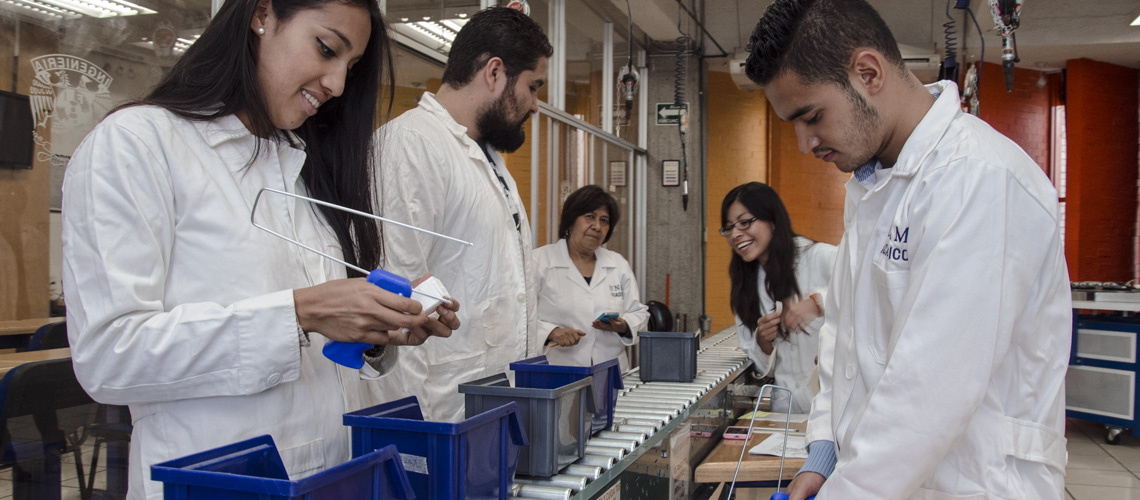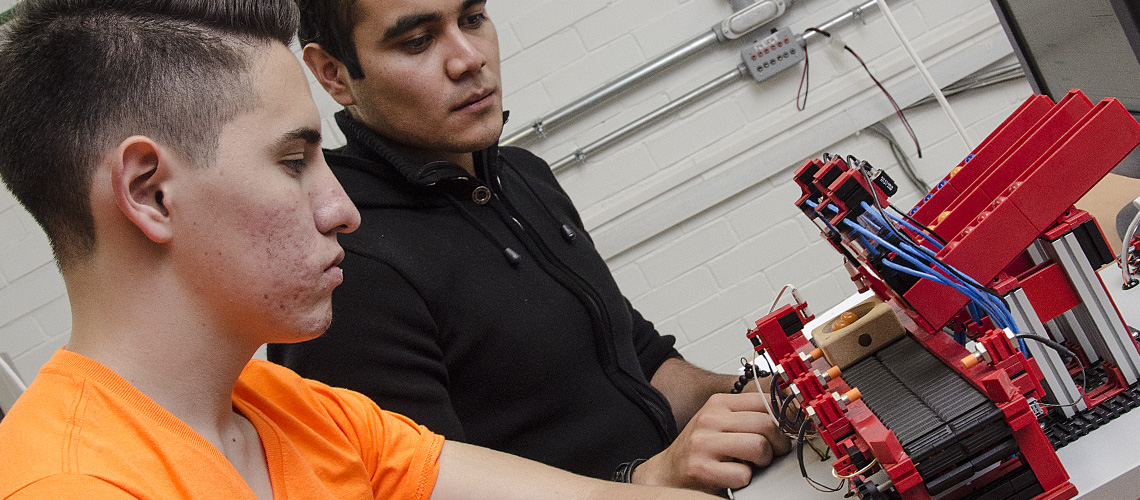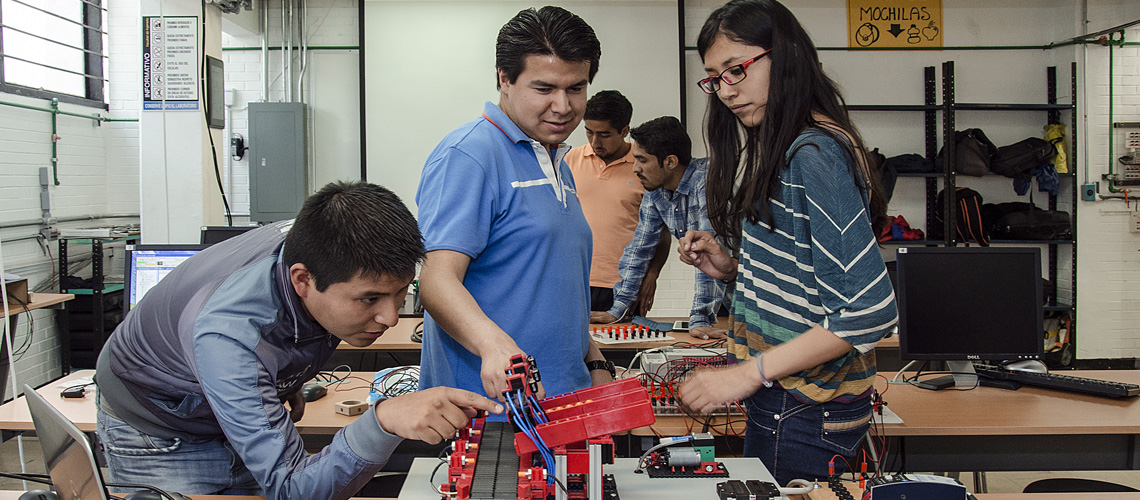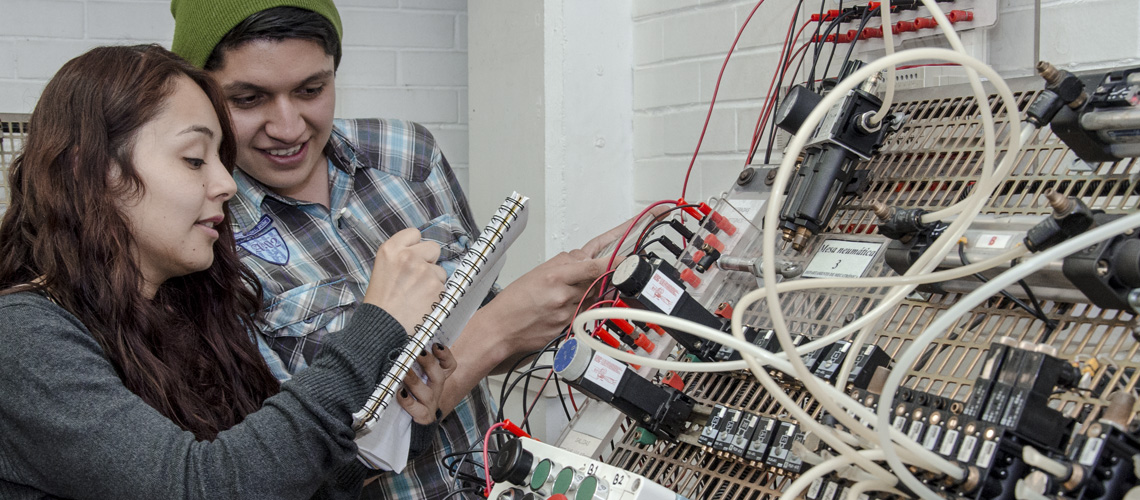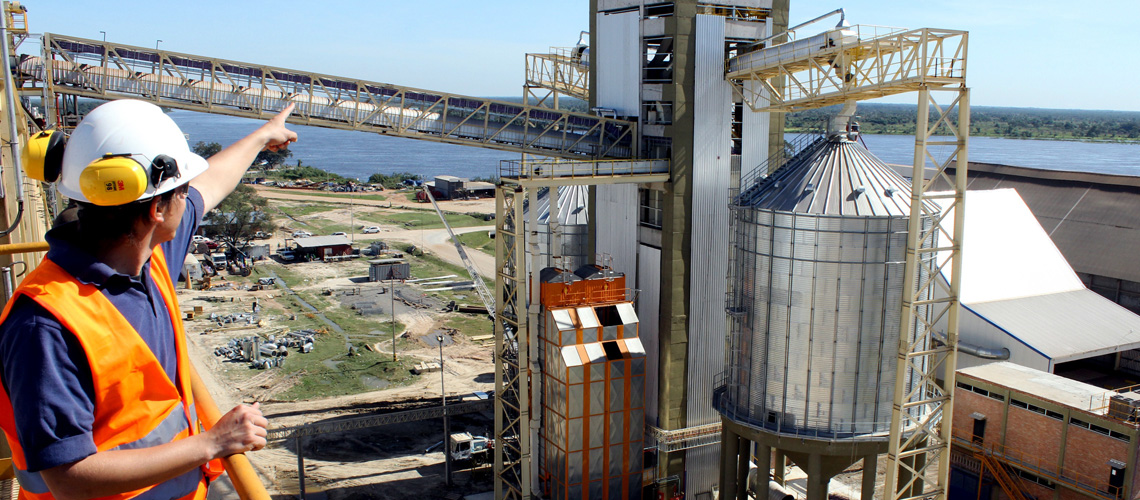The national and international industry, requires graduates in this field, who through their work, promote and modernize existing structures within the productive, commercial and service sectors. Thus, in Mexico, this discipline should contribute to the renewal of productive organizations and support to the industry as a whole, in order to place it at a competitive level, both in the internal and external markets.
The student interested in joining this program in the Faculty of Engineering at UNAM, must be graduated from the National Preparatory School, the College of Sciences and Humanities or other programs of preparatory education. It is desirable that you have studied the area of Physical-Mathematical Sciences or the set of subjects related to these fields of knowledge in the College of Sciences and Humanities, or in other curricula of preparatory education. In all cases, the desirable profile includes the following knowledge, skills and attitudes.
Requires possessing knowledge of mathematics in algebra, analytical geometry and differential and integral calculus of functions of one variable, you must also have knowledge of physics, particularly in matters related to classical mechanics, as well as general knowledge of chemistry and computing. It is also desirable that you know English, at least at the level of comprehension of texts. Regarding skills, it is important that you are willing to work in a team, able to analyze and synthetize and adapt to new situations, and have a creative spirit.
In addition to the above, the candidate to study the degree in Industrial Engineering must possess knowledge in understanding texts and writing techniques. Ability to abstract, forecast and solve problems. Have a high sense of responsibility, discipline, interest in study, decision criteria and ability for human relations.
Graduates of the Faculty of Engineering must have innovation capabilities, potential to contribute to the creation of technologies and entrepreneurial attitude, with social sensitivity and professional ethics, and with vocation to become a factor of change.
They will have clear ideas about mathematical modeling of physical phenomena and optimization, they will be open to both continuous learning and interdisciplinarity. They must have solid knowledge of their mother tongue, with oral and written communication skills, and a good knowledge of another language, preferably English.
SpecificAt the end of your training the graduate of the degree in Industrial Engineering will be a professional:
• Able to work in the technological frontiers and development of the areas of: production, logistics, quality, administration, finance and business development, mainly, identifying and using the right combination of methods and procedures for the development of goods and services, processes and systems, integrated by human resources, materials, equipment and information.
• Prepared academically for postgraduate studies in the fields just described.
• Capable of planning, researching, designing, producing, constructing, evaluating and integrating systems for generating goods and services, to increase productivity, quality and safety, with an entrepreneurial vision.
• With the skills and abilities necessary for an ethical performance with a vocation of service to contribute to the improvement of society’s quality of life, respecting and caring for the environment and acting with social responsibility.
• Graduates will have a broad theoretical and practical training, which will allow them to participate successfully in the different branches that integrate industrial engineering and adapt to the dynamic changes of the technologies applied in their field of activities and, where appropriate, contribute generating new knowledge for its application.
The graduate with a bachelor’s in Industrial Engineering will:
• Have effective communication: verbal, written and corporal.
• Know how to work as a team.
• Identify, analyze and solve problems.
• Analyze priorities with logical criteria and common sense.
• Have initiative, autonomy and self-learning.
• Know how to negotiate.
• Have a prospective vision.
• Be able to train personnel.
The attitudes of the bachelor in Industrial Engineering from the professional point of view are:
• Confidence in yourself and your academic preparation.
• Desire to update, improve and be competent in your profession.
• Be creative and innovative.
• Have an open mind oriented towards problem solving and change.
• Enjoy research.
• Have Leadership.
• Have discipline and dynamism.
• Be honest, responsible and critical.
In terms of social responsibility:
• Be aware of the national problems, based on the knowledge of the reality of the country.
• Be aware of the need to promote the country's competitiveness.
• Have a humanistic and service attitude toward society.
The degree in Industrial Engineering will provide graduates with a solid base of knowledge in the physical and mathematical sciences; engineering techniques and technologies, and industrial systems, on which he will rely to carry out his professional activity, mainly in areas such as: logistics, production, manufacturing, quality, administration, finance and business management, identifying and using the right combination of methods and procedures for the development of goods and services in order to increase productivity, quality and safety, care for the environment and act with social responsibility. This training will allow him/her to communicate and interact with other professionals in related areas and adapt easily to changes in the technological and social environment with an entrepreneurial vision, ethical performance and vocation of service, thus responding to the needs that arise in the productive and services sectors, contributing to the improvement of the quality of life of the society in which he/she is immerse. These characteristics will facilitate its incorporation into the labor market, which is located in the productive sector as well as the services sector, or collaborating in consulting and research activities, generating new knowledge for its application.






